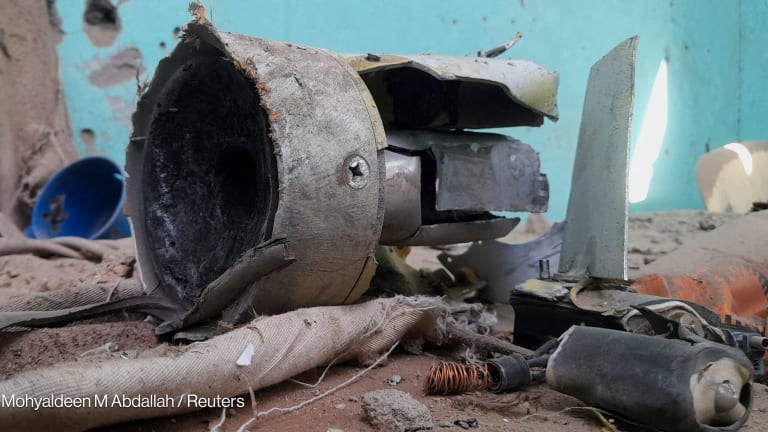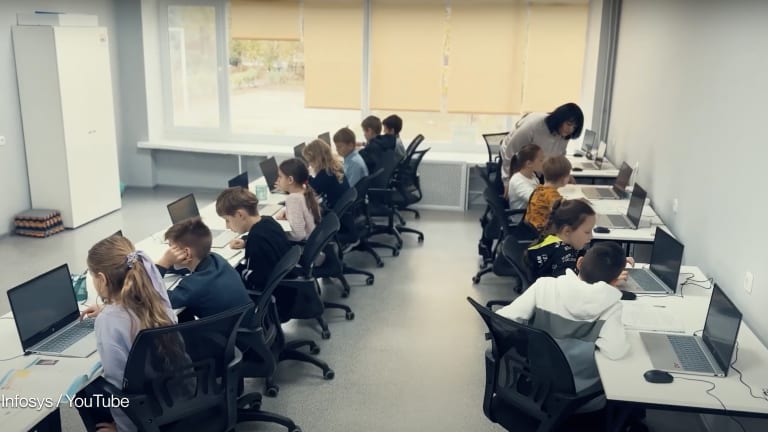Can aid workers ever be truly impartial? The question arose this week after the International Rescue Committee
that in 2005 it had considered cooperating with the International Criminal Court in its investigation of Sudanese President Omar al-Bashir.
The problem of neutrality has proven nettlesome in recent years, particularly in places like
, where Provincial Reconstruction Teams – all of which are sponsored by various foreign governments, including the U.S. – get involved in aid and development work. Such a blurring of the humanitarian space is clearly problematic.
But in the case of Sudan the problem is even more complicated because the United Nations admitted to having no policy regarding the alignments and cooperation of NGOs and aid groups with which it does business, as long as they deliver relief.
"What we encourage is all NGOs to respect humanitarian principles of neutrality, independence and impartiality," John Holmes said March 16 at U.N. headquarters in New York, acknowledging that there was some scrutiny. "That does not amount to us asking questions about whether they cooperate with the ICC because we don't think that's an appropriate question and that's for them to decide."
Holmes is suggesting that the impartiality, even the morality, of an aid group is irrelevant. And what if the organization is supporting a dictator like al-Bashir, would that be a concern to the U.N.?
"In theory it might be," said Holmes, "but I can't remember a case where this has come into question."
He must have a poor memory. After the October 2005 earthquake in Kashmir, the U.N.
relief money to two Islamist organizations, the Al Rashid Trust and Jamaat-ud-Dawa. The former is now on the U.N.'s sanctions list and the latter was recently shuttered by the Pakistan government as a front organization for Lashkar-e-Taiba, the Kashmir-based outfit that is accused of carrying out the recent Mumbai attacks.
The U.N., which may have unwittingly funded terrorism, needs to be more careful about selecting partners. NGOs and aid groups, meanwhile, need to clarify their stance regarding cooperation with governments, multilaterals and other local and international parties.








